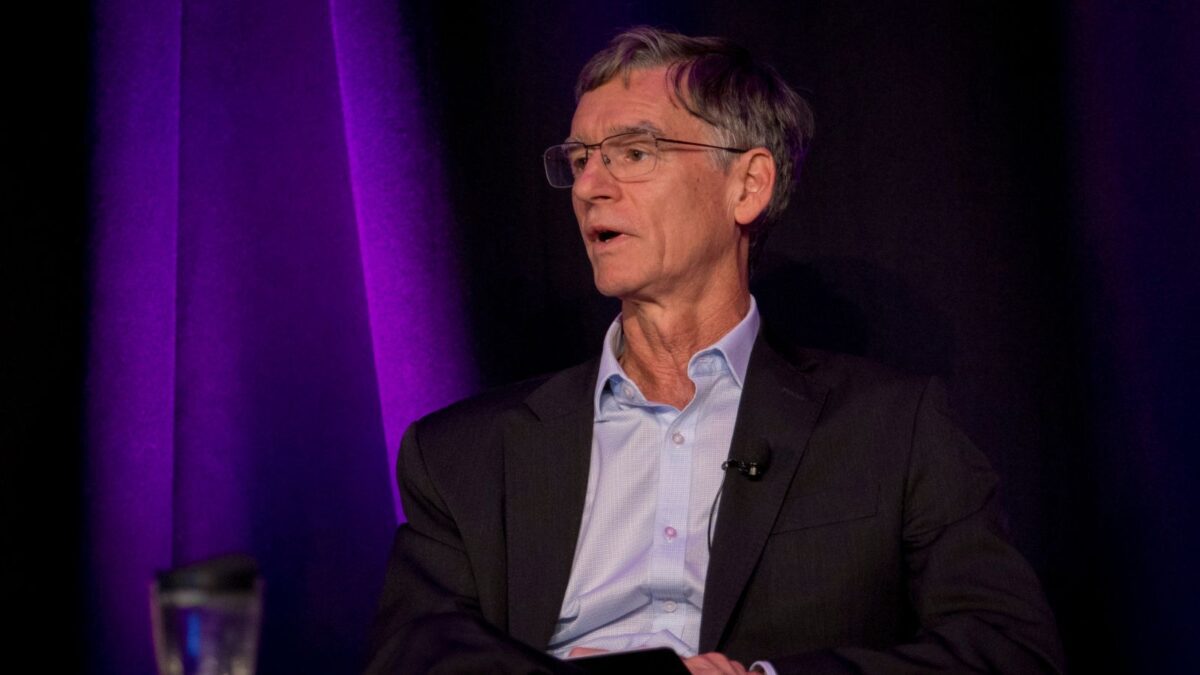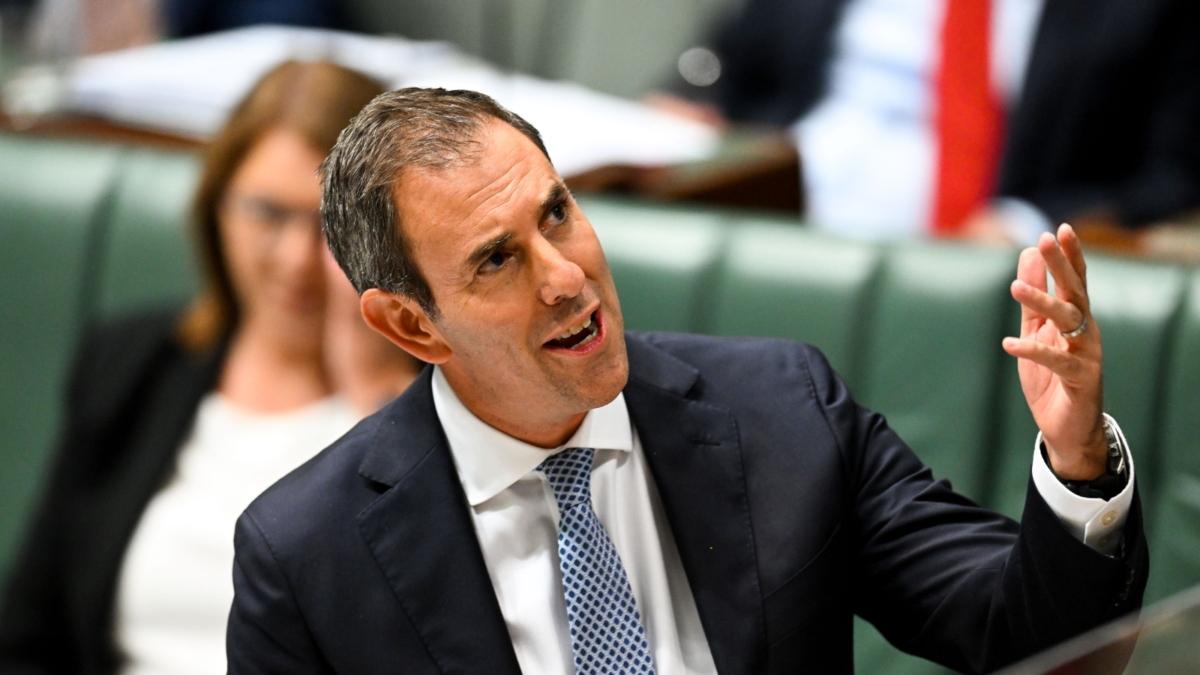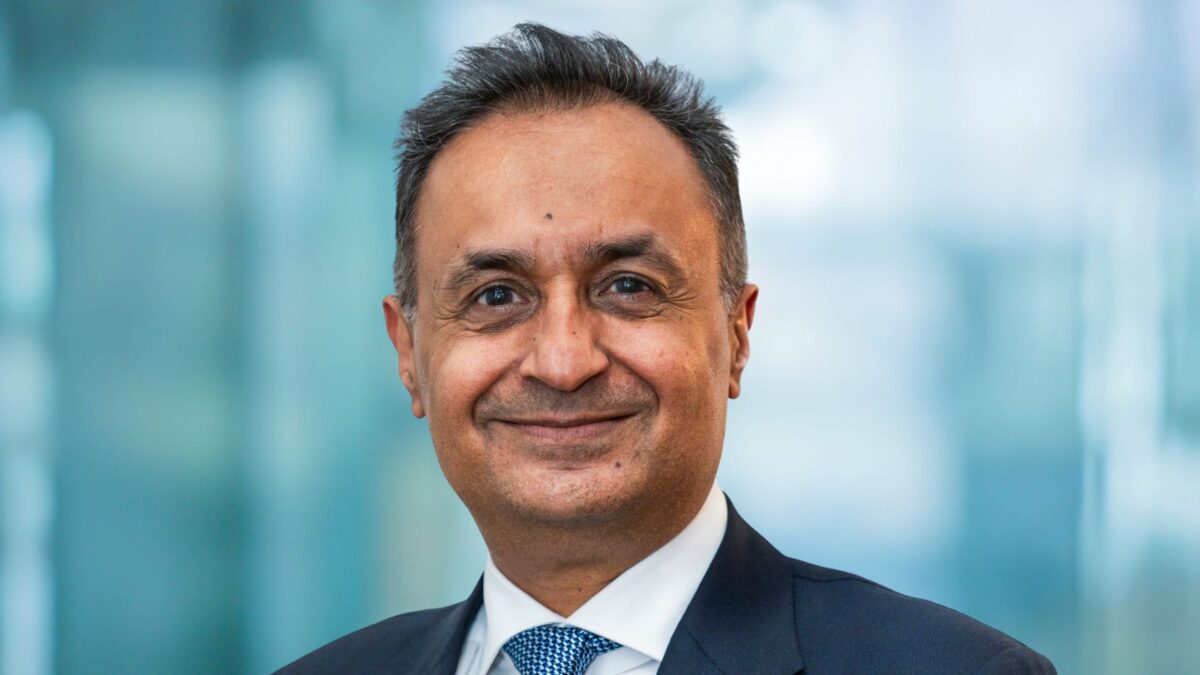Why it’s time for super to speak with a single voice
CMSF 2023 arrives at an odd time for the Australian Institute of Superannuation Trustees (AIST). Despite the name of its cornerstone conference, there aren’t that many major super funds around these days, and, facing financial pressure, the AIST is looking at a merger of its own with Industry Super Australia (ISA). While there’s been no announcement on the progress of the proposed merger, the opinion of those members of AIST’s at CMSF was broadly positive.
While the disparate nature of the two organisations gives some members pause – AIST provides networking and events alongside advocacy, while ISA is primarily an advocacy and lobbying body, as well as the means by which the industry fund collective advertising campaign is conducted – most recognise the financial pressure on associations and the indefensibility of maintaining several of them when funds themselves are under regulatory and political pressure to bring costs down. Some members and attendees are unsatisfied with the service they’re getting for the money they’re paying, noting that the AIST’s events are mostly undifferentiated from those of other associations.
It’s a “perfectly logical merger”, according to one trustee of a major fund, and a good idea if it can happen (a previous proposed merger with the Association of Superannuation Funds of Australia encountered apparently insurmountable obstacles, mostly relating to the ancient retail/industry divided). Others agreed that a merger between the two organisations will allow them to combine their activities and use their resources – the money of the super funds that comprise their member bases, and so the retirement savings of their members – more effectively. Most believe the merged organisation will create the “single voice” the AIST promised in its announcement of the move, at a time when superannuation obviously requires one.
That’s not only because of the regulatory and political pressures that every fund is experiencing. While the political party most favourable to superannuation – or at least, the one that hasn’t spent the last decade and a bit trashing it, as a decent chunk of CMSF attendees would tell you – is now in power, the super wars aren’t over, and might never be. The discussion around the purpose of the super has become regrettably partisan, as have efforts to make the system more equitable by limiting tax concessions on superannuation balances of more than $3 million.
A combined and influential voice – rather than the out of tune chorus line of ASFA, the FSC, AIST, ISA and a multitude of other bodies with a passing interest in superannuation – could, or should, provide a much-needed counterbalance to the short-termism that rules Canberra, and so the laws and regulations that rule superannuation.
The problem is what that voice might say. It’s hard to argue with the efficacy of ISA’s advocacy. Scott Morrison announced his super for housing policy so late in the election out of concern it would become the target of a well-resourced ISA campaign. But its partisan tone rankles some in the industry, who would prefer a more even handed approach, and ISA has often been an eager combatant in the super wars that so many at CMSF were hoping will come to an end. How exactly AIST’s non-industry members would fit into the collective advertising campaign is unclear. And there’s still concern that AIST’s education activities – like CMSF – would be subsumed by ISA’s guns blazing approach.











